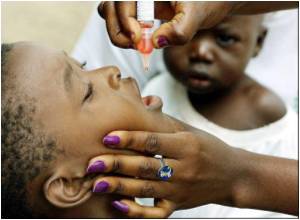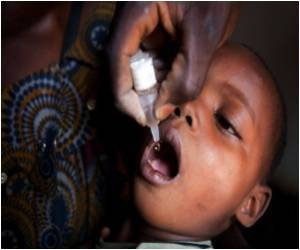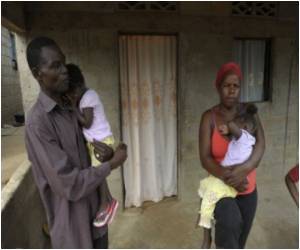Myanmar is planning for a mass polio vaccination after the diagnosis of a seven-month old baby with the polio virus.

"This case of polio detected in December was very unfortunate as Myanmar was about to officially receive the polio-free status in December 2010," said Ramesh Shrestha, UNICEF representative in Myanmar.
The UN agency said the baby was diagnosed with a strain genetically mutated from the version contained in the oral polio vaccine.
An immunised person transmits the weakened virus to others and in very rare cases the virus in the vaccine can mutate into a form that can paralyse, according to the World Health Organization (WHO).
Shrestha said the cause of the new transmission was unclear but some children might have been missed during routine vaccination.
Two more suspected cases, one in the Mandalay area and another further south in Mon State, have tested negative, the UN agency said.
Advertisement
Vaccination will either target 3.4 million children in specific areas, or a national programme will aim to reach around seven million youths.
Advertisement
Polio mainly affects children under five and is transmitted through contaminated food and water.
According to the WHO, one in 200 infections leads to irreversible paralysis, usually in the legs, while five to 10 percent of those paralysed die when their breathing muscles become immobilized.
Worldwide cases have decreased by over 99 percent from an estimated 350,000 in 1988, to 1,604 reported in 2009, as a result of the global effort to eradicate the disease.
Source-AFP











